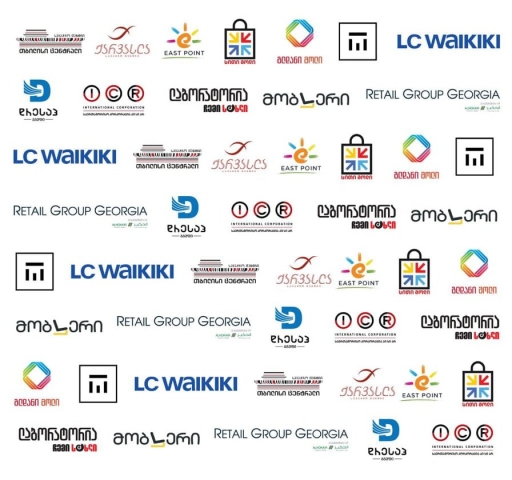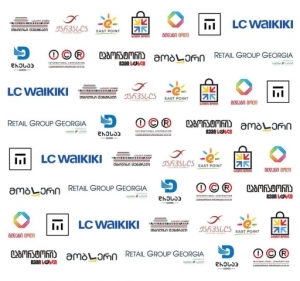Private Sector: Restrictions Imposed by Gov't will Damage Economy by Billions of GEL
Shopping malls and brand retailers have issued a joint appeal. The statement is signed by, among others, City Mall, Tbilisi Mall, East Point, Tbilisi Central, Gldani Mall, Karvasla, Retail Group Georgia, ICR Holding, LC Waikiki GE, and Tradeline - Dressup, GTEX.
Private sector representatives are addressing the government with several requirements:
- Open and allow shopping malls to operate from December 15 to January 3;
- Exemption from deferred property tax in July 2020.
Business representatives claim the restrictions imposed by the government will affect the Georgian economy by up to a billion GEL, and will put at least 25,000 jobs at risk.
The joint statement reads:
"Businesses will not be able to retain employees under the restrictions on operation.
"The Commercial Real Estate and Retail Sector is one of the largest employers in Georgia, a generator of business activity, and an important source of budget tax revenue. With the collapse of the tourism market, after hotels and restaurants, it is the retail and commercial real estate segment that has suffered the most losses, and virtually every mall and retailer has to operate in force majeure mode.
"After the declaration of a state of emergency, we were able to maintain a functioning business and a significant part of our human resources. We did our best to maintain lease relations in shopping malls. We were hoping to reimburse the three-month deficit during the busiest pre-Christmas period of the year, on which we made optimistic forecasts.
• Our shopping centers directly employ up to 2000 employees (mall administration, services), while stores directly employ up to 15,000 people; The number of employees indirectly employed in the mall is much higher. We, with our resources, managed to maintain this number of employees during the state of emergency; however, these resources have been fully exhausted. Businesses will not be able to retain employees under the current operation restrictions.
• Virtually all shopping malls and retail outlets face the problem of servicing current bank liabilities, and the need for further loan restructuring is on the agenda. Restoring the operation of a mall requires a lot more financial resources and time compared to the amount of potential revenue it generates during a closed period.
"Shopping malls and their tenants follow all the recommendations needed to fight the virus. The mall is one of the most well-protected shopping environments. This is evidenced by the fact that during the pandemic, the mall did not become a major source of virus spread.
"The complete restrictions imposed by the government on the operation of stores from November 28 to December 24, and then from January 3 to February 1, put at risk the existence of at least 25,000 jobs in the country, and hundreds of small and medium-sized businesses.
"The Georgian economy and retail sector will suffer losses of up to 1 billion GEL during this period, which will put tens of thousands of families in dire straits. The state budget will not receive hundreds of millions in revenue in the form of various taxes, and will significantly shake the confidence of international investors who have invested more than $500 million in this field.
"In view of the above challenges, we request that the decision be corrected, taking into account objective factors, namely:
• Open and allow malls to operate from December 15 to January 3. Redistributing customers over this period of time will actually reduce the risk of massive gatherings and the likelihood of the infection spreading. Shopping malls and retail outlets are ready to increase security measures during this period and ensure the regulation of the flow of customers;
• Exemption from deferred property tax in July 2020. This will allow us to use the released funds to maintain operational stability and also, for at least the next 4 months, retain more than 80% of the staff employed.
"We believe that it is important to communicate operatively with government agencies within the working group in order to discuss the above-mentioned issue with all parties involved, in order to find ways to overcome the crisis with minimal losses.
"At the same time, we would like to meet with the government bloc and epidemiologists to discuss a number of additional measures that will provide even higher levels of security measures and relieve peak periods. We are ready to take responsibility for these measures in order to manage flows more effectively in full compliance with safety standards in trade facilities."
For the record, on November 28, the Georgian government decided to tighten and expand restrictions throughout the country. Based on the decision of the Interagency Coordination Council, until January 31, certain economic activities are prohibited, including the operation of municipal and intercity transport, gyms and swimming pools, restaurants, shopping malls, etc.
By Ana Dumbadze
Related Story: Georgian Gov't Announces Tightened & Expanded Restrictions











